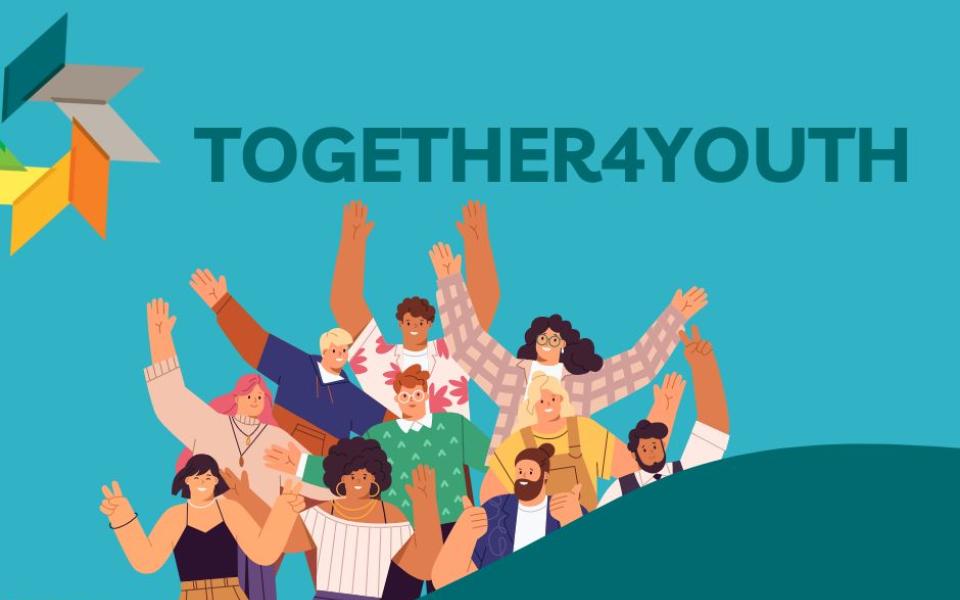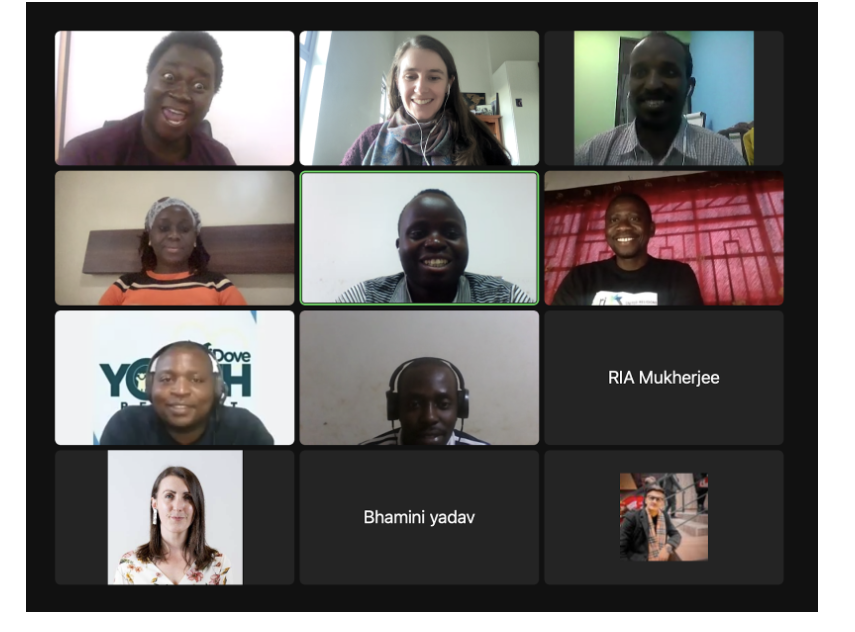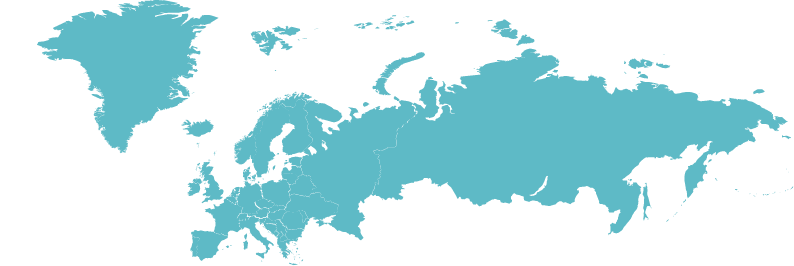
Each month the URI Youth Connection Café is open to young people across the network, to come and meet others and engage in a topic presented by the hosting CC. August’s URI Youth Connection Café, was hosted by Lilongwe CC, in Malawi. Geoffrey Manasseh, leader of Lilongwe CC and URI Malawi Country Coordinator, had recently attended the Citizens Forum on Democracy and Unconstitutional Change of Government, hosted by ECOSOC Africa in Lusaka. From attending this conference, Geoffrey brought the discussion of unconstitutional changes and the role of young people in being active in government processes, to share with the YCC attendees.

Geoffrey shared three examples of cases where governments had changed the constitution in a way that supported their continuation and maintaining of power. We explored why this happens and what the impact is. Geoffrey shared how the results of this can lead to conflict, violence and civil war, as well as increased military operations and the loss of indigenous knowledge and wisdom.
In response to his sharing, the group discussed how in some cases the changing of the Constitution is a positive thing. And therefore it comes down to the intention of why the changes are being made, and whether democratic processes are being followed to ensure the changes are in the best interest of all.
Geoffrey ended his sharing by using a metaphor of an anthill, to show how an anthill is an incredibly complex, beautiful and strong structure, and yet the creatures that build it are very small in comparison. Yet they work together as a team to build this incredible structure. In the same way Geoffrey’s message to us was to continue to work together to build peace in the world. We may be small, but together we can achieve great things.
The second sharing was from Esther Wambui, from Twinkle CC in Kenya. Kenya has recently had its election process, and so Esther shared with the group the role that religious leaders and youth groups play during an election time.
Esther shared that religious leaders play a vital role in influencing voters' behaviours during elections. People trust religious leaders, and they are sometimes called the ‘moral watchdogs’. With this responsibility, during election times, religious leaders will be urging communities to maintain peace.
Speaking about the role of young people, Esther shared that according to the 2019 census, around 75% of Kenyans are below the age of 35. This means that the influence and role young people play in maintaining peace during elections and being actively engaged in government processes is huge.
Esther commented that the narrative has changed about young people since the election violence in 2007-2008. “Young people are now able to stand their ground, to not dance to the wills of politicians”, Esther said.
She shared how young people are preaching for peace. “We may not be there yet, but we have made a huge step towards peace”. In conclusion she urged everyone to not see young people as agents of violence, but as agents of peace and social change.
Following the input from Geoffrey and Esther, we moved into breakout groups for further discussion, sharing of examples from our different contexts, and noting of key take-aways from the conversation.
In relation to the role of young people in engaging with government processes, the group had the following recommendations:
- More youth engagement in policy making
- Education needed around the Constitutions in our various countries and how this informs policy and the way governments make decisions.
- Increased participation of young people in local politics, young people need to be given space / opportunity to participate in processes
- Advocacy of young people
- There is need for governments to also understand the new generation, to engage with online platforms that young people are using
- We need to encourage young people and particularly women to vote. One member from India shared the example of women being intentionally discouraged to vote.
This call was therefore an encouraging conversation focusing on the active role that young people can play in engaging with their local politics. As one participant, Jaffar, from AFFCAD shared,
“Actually after seeing this I got to realise that we are stronger and smarter than we think”.


